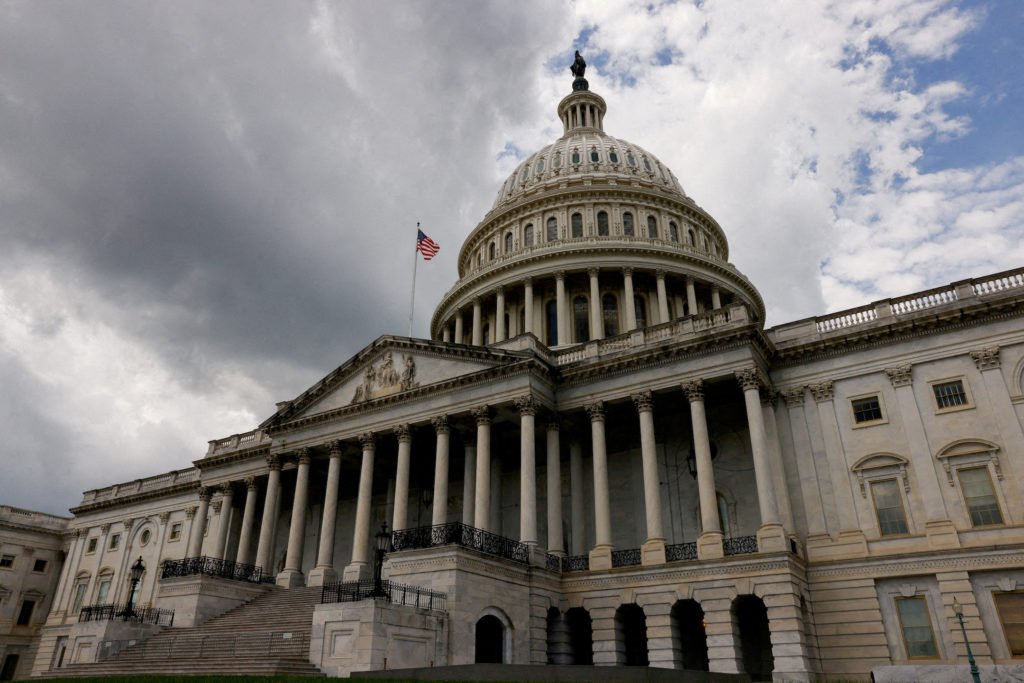The House of Representatives achieved a significant bipartisan milestone on Wednesday by passing a comprehensive tax bill. This legislation, negotiated between Rep. Jason Smith, R-Mo., the chair of the House Ways and Means Committee, and Sen. Ron Wyden, D-Ore., chair of the Senate Ways and Means Committee, garnered support from both sides of the aisle with a bipartisan vote of 357-70.
The bill’s broad support in the House was crucial due to the employment of a fast-track strategy known as “suspension,” requiring a two-thirds majority rather than a simple majority. The $79 billion package, which includes expanded child tax credits and reinstatement of some tax cuts for businesses, now faces a challenging path in the Senate, where additional hurdles are demanded by Republicans.
Sen. Mike Crapo, R-Idaho, the leading Republican on the Senate Finance Committee, expressed reservations about the bill, stating, “There are issues that need to be fixed.” The proposed legislation faces a steep climb in the Senate, as Republicans seek further modifications.
The tax bill, although not reaching the level of the enhanced pandemic-era child tax credit, proposes increases to $1,800 per child in 2023, $1,900 per child in 2024, and $2,000 per child in 2025. Additionally, it adjusts the value for inflation in 2024 and 2025. Beyond benefiting parents, the legislation extends tax benefits to those affected by natural disasters, strengthens the low-income housing tax credit, and offers tax breaks for businesses until 2025. Moreover, provisions supporting trade with Taiwan are included.
To offset the tax breaks, the bill eliminates the employee retention tax credit, initially introduced during the pandemic to assist businesses in retaining employees but later found to be susceptible to fraud.
The legislation faced opposition from both ends of the political spectrum. Ultraconservative lawmakers objected to the expanded child tax credit, erroneously claiming it would benefit undocumented immigrants. However, the child tax credit only provides additional benefits to families already receiving credits, and only children with social security numbers are eligible.
On the progressive side, concerns were raised about the bill not going far enough to expand the tax credit and being perceived as favoring corporations over families. House Appropriations Chair Rosa DeLauro, D-Conn., expressed disappointment, stating, “The tax deal fails on equity.”
The bill’s journey through the House was not without last-minute drama. A group of moderate New York House Republicans expressed concerns about the legislation’s lack of reform for a state and local tax deduction popular with their constituents. Following the playbook of their more conservative colleagues, who have caused legislative standstills in recent months, these moderates threatened to disrupt an unrelated vote. However, they backed down after Republican leaders promised discussions on potential reforms to the program.
In a meeting with House Speaker Mike Johnson, R-La., the moderates agreed to “continue working with members to find a path forward for legislation related to” the tax deductions. This episode highlighted the complex negotiations and political maneuvering involved in advancing such comprehensive legislation.
As the tax bill now heads to the Senate, it faces uncertainties and potential further modifications. The delicate balance between bipartisan compromise and addressing the diverse concerns of lawmakers on both sides of the aisle will be crucial in determining the fate of this sweeping legislation.
